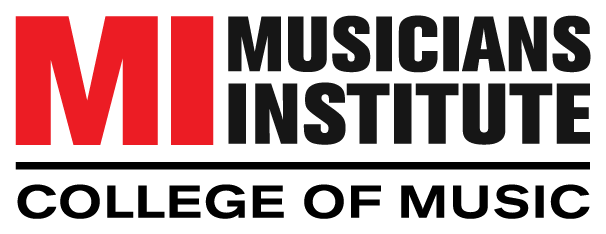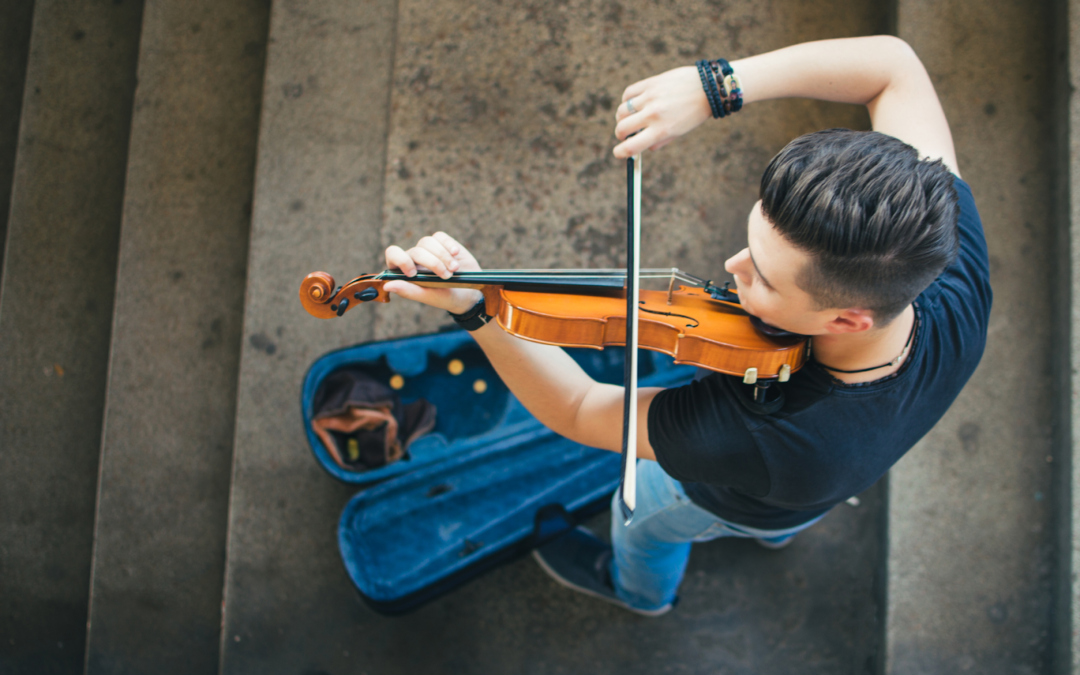So you just had a performance that went terribly wrong. Your inclination might be to hide in your room and never perform again, but this would be counterproductive to the overall success of your career.
Instead, you can take this opportunity to learn how to recover from a bad performance with grace and even improve from your mistakes. A live performance can be volatile by nature, and there is much that can go wrong. Perhaps you botched your lines, or you completely played the wrong notes. Maybe you lost pace in the middle of a piece and got completely off track. Regardless of what happened, you can bounce back and use it to move forward in your career instead of backward.
It’s critical to remember that, first and foremost, one bad performance does not define who you are as an artist. Every artist – I mean every single artist – will have times that they are not performing at their best. Perhaps some people are lucky that this only happens in the privacy of their practice room.
But for some, this will happen at some point in front of a large or small audience. It’s important to know that this is OK! It happens to everyone, and it will be overshadowed in time by your past and future performances that shine. You should always forgive yourself for these isolated incidents because audiences will forgive. Keep moving onwards and upwards!

Blog Post
"*" indicates required fields
By submitting this form, I authorize Musicians Institute (MI) to make or allow the placement of calls, emails, and texts to me at the phone number that I have provided, including through the use of automated technology, or a prerecorded or artificial voice. I understand that I am not required to provide my phone number as a condition of purchasing any property, goods, or services. I agree to the terms of MI’s Privacy Policy. MI will not sell or rent your information to third parties, and you may unsubscribe at any time.
There are certain methods that you can use to try to recover from a bad performance.
Reframe the event
First of all, it’s crucial to reframe the event in your mind. Don’t let it be a defining moment – let it be a learning experience. Think of it as something that can help you improve and get better in the future.
If you missed several notes, maybe it means you need to practice more beforehand. If you got nervous, perhaps you need to practice more in front of other people. If you froze up, maybe you need to work on breathing and relaxing before your performances. Whatever it is, you can learn from it and use the new knowledge to improve in the future, so you can avoid it from happening again.
Nobody is perfect, and the only way we learn is by making mistakes and then figuring out how we can do better going forward. By reframing the negative performance as a learning experience, you won’t see it as a defining trauma but as something positive. Learning experiences are excellent and necessary as we improve as artists.
Find and focus on the positives
Another technique that helps is to try to focus on anything positive, even if it is small. So you messed up the piece, but you still had a beautiful ending! Maybe you forgot some notes, but you still pulled through and completed the song. Try to think about what you did well because even if you had a bad performance, there are always some things you did well. By focusing on the positives, you will remind yourself that you aren’t all bad and still have positive strengths and skills as an artist. Keep these in mind because they will keep you going through the hard times.
Once you have identified what you did wrong and tried to learn from it, decide to be proactive. You can come out stronger and more improved by taking action on your mistakes. It is critical to be proactive once you know where you went wrong. Just knowing what went wrong is only half of the solution – the other half is doing something to remedy the problem, so it doesn’t happen again in the future. Once you can identify problems and solutions, you can start incorporating this into your regular practice routine and preparation for your next performance to avoid the same pitfalls in the future.
It’s not the end for you
Most of all, it is essential to remember that failures happen to all musicians and artists. No one will ever be perfect at every performance, so you must always allow yourself room for mistakes. You should always see these mistakes as opportunities to grow and improve. Your best performance might be right around the corner, and it might not have ever happened if you hadn’t had the bad performance that motivated you to make a positive change! So reframe that bad performance as something positive that you can learn from and take action moving forward to avoid the same problems. This will help you continue to grow and thrive as an artist and musician. Developing our skills is an ongoing process, and having bad performances is just a minor step towards the path to growth – and ultimately – success.

